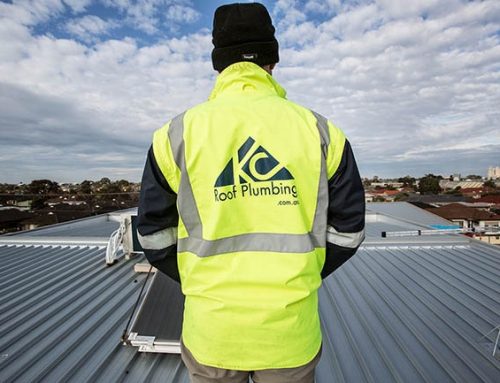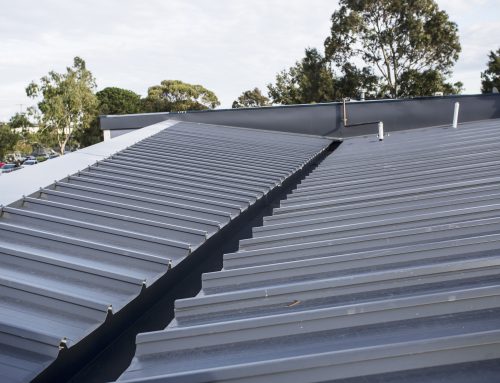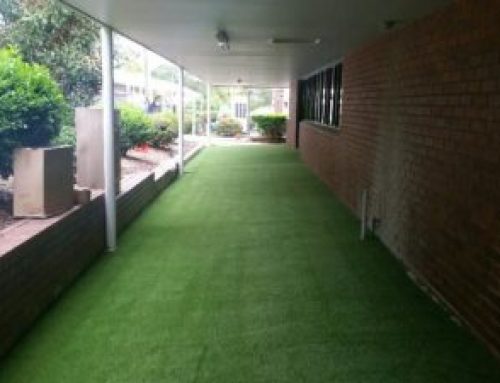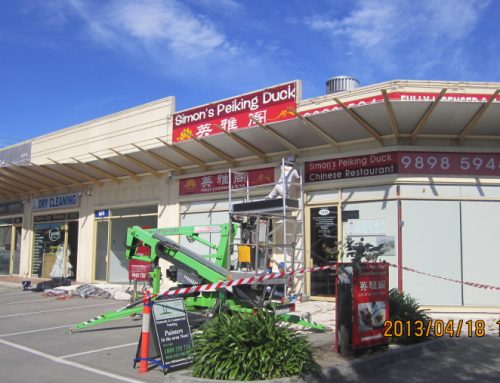Hydro vacuum excavation is gaining popularity with its non-destructive and safe no digging methods. This process is a non-mechanical way of excavation and moving earthy materials. To loosen soil, remove rocks, gravel and clay from land, and re-disseminate moved substances, hydro excavation process includes trucks with a water reservoir and vacuum hose, which is safe to use and extremely useful.
How vacuum excavation process work?
Vacuum excavator or excavation truck is a sturdy construction vehicle which generates suction through a wide pipe of around 1 foot in diameter. The design of the vacuum excavation truck is almost like a gully emptier. However, the air speed inside the suction inlet is 220 mph with a wider suction hose and powerful suction.
Suction excavation process is known as hydro vacuum excavation when a powerful water jet is involved in suction. This water jet is used to loosen up the soil before suction.
Origin of Hydro Excavation
Vacuum excavation is one of the safest and cleanest digging practices because of its vacuum pressure methods which reduces destruction to landscape and the environment in general.
This procedure was adapted around the 70s as sewer cleaners. Later, by the 90s, hydro-excavation machines were more in demand for commercial, industrial and municipal reasons. With popularity, vacuum excavation is now widely demanded by contractors for necessary improvements and safety of workers on the field.
Uses of Vacuum Excavators
Suction Excavatorspp remove debris from tree roots and underground utilities without damaging the landscape. Powerful vacuum and high-pressure water help to reveal underground utilities safely, reducing the risk of life, time and money.
This procedure is very useful for bulk excavation in restricted areas and old track ballast excavation in railways. However, this excavation method is not suitable for archaeological sites. Other than excavation, these vacuum excavators are used as heavy-duty vacuum cleaner to clean big build-up rubble, fallen leaves and litter.
Cutting and revealing underground utilities can be sometimes injurious to workers. Vacuum excavation significantly decreases the risk of life loss and property loss. These machines are capable of safely digging up to 12” wide and 5 feet deep pothole in just 20 minutes.
Potential services include:
- Renewal of fittings and pipelines
- Maintenance of railway tracks and repairs
- Removal of build-up heaps of leaves
- Displacement of gravel from flat areas and substances from demolition projects
- Clearance of natural disaster or environmental damage.
Traditional Digging vs. Hydro Excavation
Mostly, the traditional bucket machine method of drilling is preferred over the new Hydro Excavation method because of its cost-effective dirt removal feature. However, removing dirt is only the first step taken to complete the job.
There are many cost benefits associated with Hydro vacuum method with improved efficiency and reduced risk factor. Some of the factors that need to be considered for best results are:
- Conventional method of digging requires hand digging around utilities which are time-consuming and unsafe for the workers. However, vacuum excavation method allows employees to stay above the ground and requires less time to complete the work.
- As compared to the traditional method of digging, hydro vacuum excavation is less destructive and needs less time to restore surroundings to original condition.
- Vacuum excavation technique gives 100% accuracy in accurately locating underground utilities in no time.
Hydro Vacuum Excavation is the most preferred technology, due to its safety and effectiveness. This technique is mandated for several municipalities and States.
Pressure Works specialise in providing expert solutions in water jet and vacuum services, drain and pit cleaning, and vacuum cleaning of gutter and spouting. We cater to industrial, commercial, domestic, municipal organisations and education departments across Victoria.








Leave A Comment